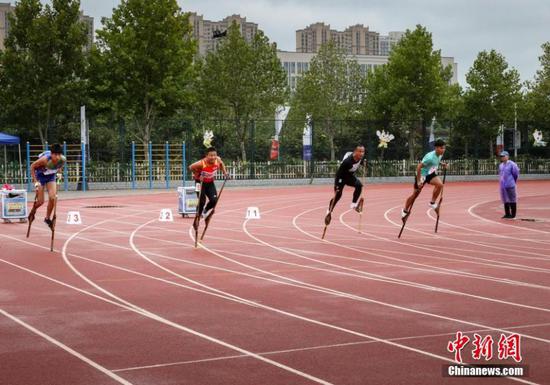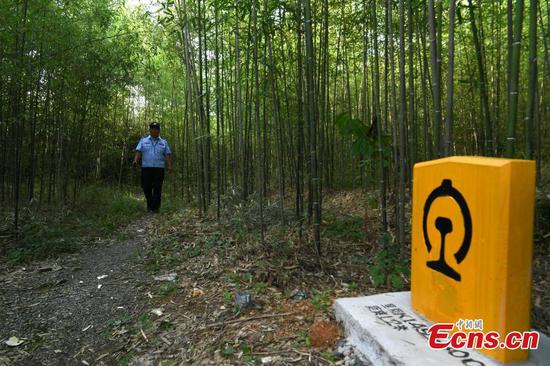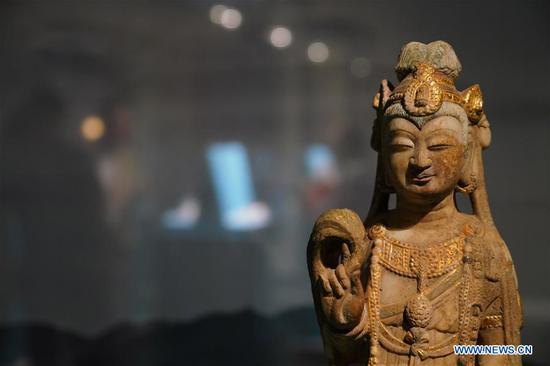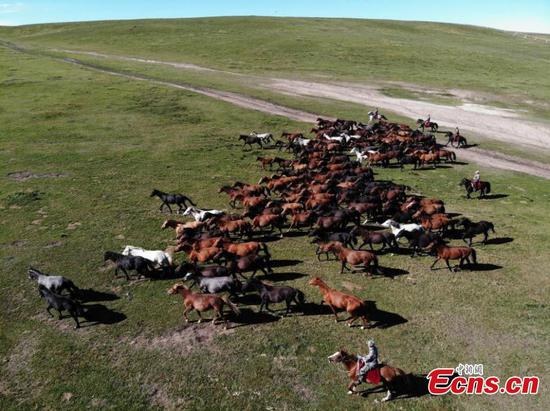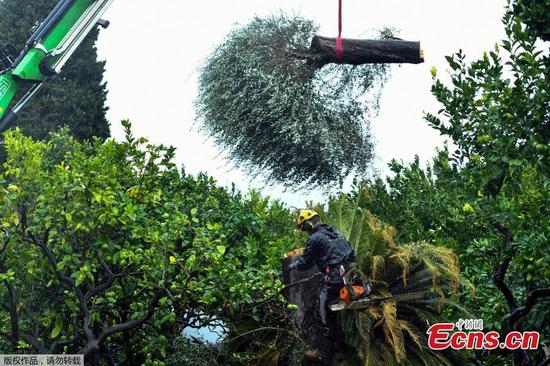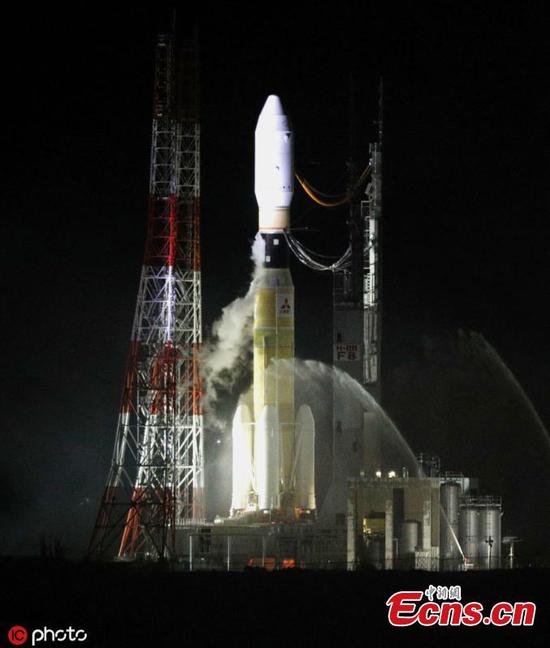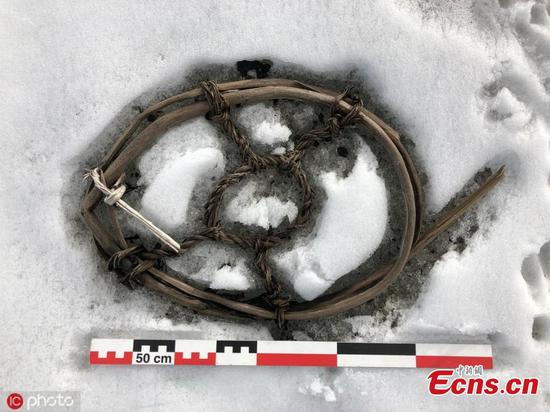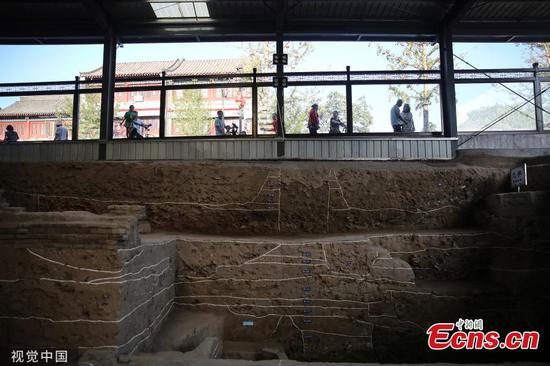A British judge has ruled that WikiLeaks co-founder Julian Assange must remain in prison after the sentence he is currently serving expires and before he is due to face an extradition hearing to the United States, because of the likelihood of him trying to evade extradition.
Assange took refuge in the Ecuadorian embassy in London in 2012 to try and avoid being sent to Sweden to face sexual offence allegations, and spent seven years there before being ejected in April this year.
The 48-year-old was subsequently jailed for 50 weeks over the incident, and was due to be released from London's Belmarsh Prison on Sept 22, but at a court hearing, the judge said there was "substantial ground" to believe he might "abscond again".
"I have given your lawyer an opportunity to make an application for bail on your behalf and she has declined to do so," said district judge Vanessa Baraitser.
"Perhaps not surprisingly in light of your history of absconding in these proceedings. In my view I have substantial ground for believing if I release you, you will abscond again."
Assange, who appeared at the hearing via a video link, said he did not understand the ruling but "was sure the lawyers would explain it."
He currently faces extradition to the US on computer hacking charges after then-Home Secretary Sajid Javid signed an order in June.
The charge contains 18 counts, with some relating to the US Espionage Act. Assange is accused of soliciting and publishing classified information, much of it to do with the wars in Afghanistan and Iraq, and conspiring to hack a government computer.
A statement from the US justice department said WikiLeaks' publication of the material was "one of the largest compromises of classified information in the history of the United States", adding that "Assange's actions risked serious harm to United States national security to the benefit of our adversaries". If convicted, he faces a maximum of 175 years in prison.
When the charges were announced, WikiLeaks Editor-in-Chief Kristinn Hrafnsson attacked the decision. "With the indictment, the 'leader of the free world' dismisses the First Amendment — hailed as a model of press freedom around the world — and launches a blatant extraterritorial assault outside its border, attacking basic principles of democracy in Europe and the rest of the world," he said.
At the time of its issue, Javid said "It is a decision ultimately for the courts, but there is a very important part of it for the home secretary and I want to see justice done at all times and we've got a legitimate extradition request, so I've signed it, but the final decision is now with the courts."
A preliminary hearing about the extradition case is scheduled for Oct 11, with a final verdict likely in February.












